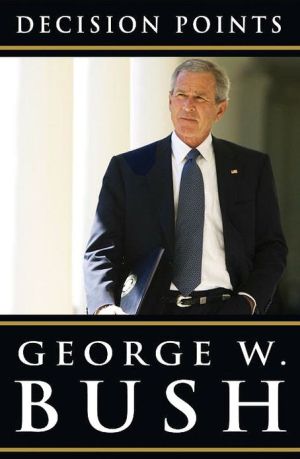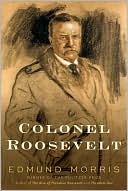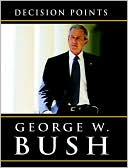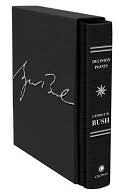Failed States: The Abuse of Power and the Assault on Democracy
"It's hard to imagine any American reading this book and not seeing his country in a new, and deeply troubling, light."—The New York Times Book Review\ The United States has repeatedly asserted its right to intervene militarily against "failed states" around the globe. In this much-anticipated follow-up to his international bestseller Hegemony or Survival, Noam Chomsky turns the tables, showing how the United States itself shares features with other failed states—suffering from a severe...
Search in google:
The world's foremost critic of U.S. foreign policy exposes the hollow promises of democracy in American actions abroad—and at home The New York Times - Jonathan Freedland It's hard to imagine any American reading this book and not seeing his country in a new, and deeply troubling, light.
Preface\ The selection of issues that should rank high on the agenda of concern for human welfare and rights is, naturally, a subjective matter. But there are a few choices that seem unavoidable, because they bear so directly on the prospects for decent survival. Among them are at least these three: nuclear war, environmental disaster, and the fact that the government of the world's leading power is acting in ways that increase the likelihood of these catastrophes. It is important to stress the government, because the population, not surprisingly, does not agree. That brings up a fourth issue that should deeply concern Americans, and the world: the sharp divide between public opinion and public policy, one of the reasons for the fear, which cannot casually be put aside, that "the American 'system' as a whole is in real trouble—that it is heading in a direction that spells the end of its historic values [of] equality, liberty, and meaningful democracy."1\ The "system" is coming to have some of the features of failed states, to adopt a currently fashionable notion that is conventionally applied to states regarded as potential threats to our security (like Iraq) or as needing our intervention to rescue the population from severe internal threats (like Haiti). Though the concept is recognized to be "frustratingly imprecise," some of the primary characteristics of failed states can be identified. One is their inability or unwillingness to protect their citizens from violence and perhaps even destruction. Another is their tendency to regard themselves as beyond the reach of domestic or international law, and hence free to carry out aggression and violence. And if they have democratic forms, they suffer from a serious "democratic deficit" that deprives their formal democratic institutions of real substance.2\ Among the hardest tasks that anyone can undertake, and one of the most important, is to look honestly in the mirror. If we allow ourselves to do so, we should have little difficulty in finding the characteristics of "failed states" right at home. That recognition of reality should be deeply troubling to those who care about their countries and future generations. "Countries," plural, because of the enormous reach of US power, but also because the threats are not localized in space or time.\ The first half of this book is devoted mostly to the increasing threat of destruction caused by US state power, in violation of international law, a topic of particular concern for citizens of the world dominant power, however one assesses the relevant threats. The second half is concerned primarily with democratic institutions, how they are conceived in the elite culture and how they perform in reality, both in "promoting democracy" abroad and shaping it at home.\ The issues are closely interlinked, and arise in several contexts. In discussing them, to save excessive footnoting I will omit sources when they can easily be found in recent books of mine.3\ Copyright © 2006 by Harry Chomsky, as Trustee of Chomsky Grandchildren Nominee Trust
\ From Barnes & NobleNoam Chomsky does not take words lightly. The MIT linguistics professor examines government statements with special care. The man recently voted "the world's number one intellectual" notes, for example, that the United States has repeatedly asserted its right to intervene against "failed states" around the globe. In Failed States: America, he turns the phrase back on the Bush administration, charging that the United States of today is a "failed state" and a danger to its own people and the world. This stand-alone sequel to Hegemony or Survival continues his critique of American foreign policy and domestic practices.\ \ \ \ \ From the Publisher“Chomsky is a global phenomenon . . . perhaps the most widely read voice on foreign policy on the planet.”—The New York Times Book Review\ \ \ Jonathan FreedlandIt's hard to imagine any American reading this book and not seeing his country in a new, and deeply troubling, light.\ — The New York Times\ \ \ \ \ Library JournalA failed state, argues Chomsky, ignores international law and the need to protect its citizens. Guess what country fits the bill? Copyright 2005 Reed Business Information.\ \








